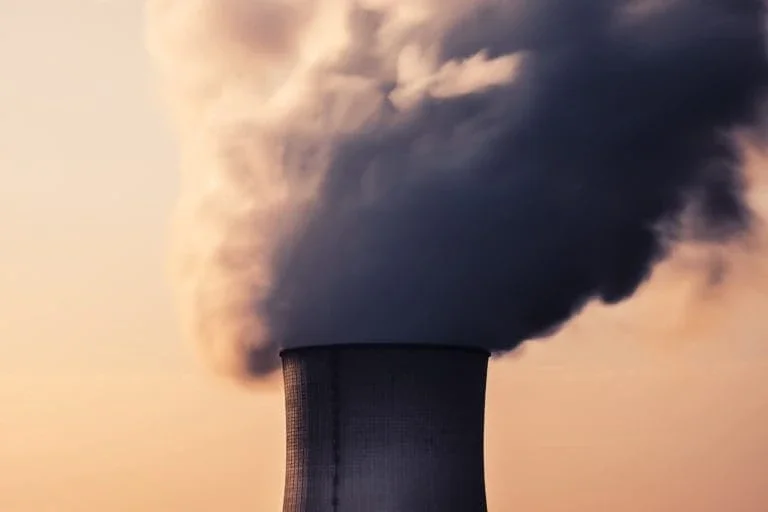The Human Cost of a Warming Climate
The signs of climate emergency are becoming increasingly undeniable in the world around us. With each passing year, as greenhouse gas emissions continue to accumulate in the atmosphere at alarming rates, the planet continues to warm. The lives and livelihoods of vulnerable communities are being disrupted by negative impacts: from wildfires, to drought, to extreme rainfall and sea level rise. Until global pollution falls to zero, global temperatures will continue to rise, and climate impacts will become more frequent and severe. On current trends, some 700 million people could be dragged back into extreme poverty by 2050 by climate change.
- 3degrees Celsius
the world has already warmed to 1 degree and is on track for at least another 2 degrees warming by 2100
- 700million
of people will be dragged back into extreme poverty by 2050 from climate impacts
- $2.2trillion
The rising cost of climate-related natural disasters over 20 years
At The Rockefeller Foundation we aim to drive investments at scale into solutions that can reduce emissions dramatically and protect the most vulnerable from climate impacts.

Solving the Climate Crisis
Today highly risky and environmentally destructive investments in fossil fuels and related technologies dwarf investments in the green technologies and infrastructures that can protect the most vulnerable. Low-carbon and climate resilient asset classes are underserved by public and private capital markets, and climate risks are often ignored or underplayed by key decision makers.
We work at the intersection of policy, data and technology, and finance to advance and scale climate and resilience solutions.
Our partnership with The Rockefeller Foundation validates and enables our goal of reaching One Billion People with resilience solutions by 2030, and allows us to grow our work to improve the lives of people impacted by climate change across the world.
Kathy Baughman McLeodDirector, Adrienne Arsht-Rockefeller Foundation Resilience CenterOur partnership with The Rockefeller Foundation allows the Global Resilient Cities Network to leverage the unique breadth and capacity of our member cities to create a city-led organization. This new phase will be marked by increased city-to-city collaboration to build the resilience of vulnerable communities and critical infrastructure from COVID to climate change and other pressing challenges
Lauren SorkinActing Executive Director of Global Resilient Cities Network

